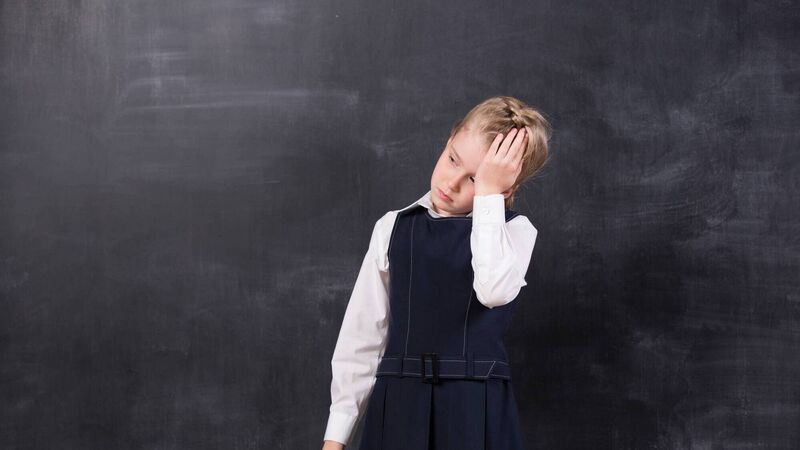Sarah Harte: How can parents best support their children's mental health?

Protecting children involves equipping them with the knowledge that life can be hard and unfair, and that low mood, anxiety, and stress are components of life.
Some parents will be guiltily relieved the challenge of keeping children entertained throughout the summer months and juggling work is over. Others will be struggling with back-to-school costs. Many of us are frightened about what the coming months will bring economically. It’s a challenge not to pass this anxiety on, and young people have already had much to contend with.
A Unicef report last year exposed the breadth and depth of European adolescent mental health issues, with 19% of boys aged 15-19 suffering with mental health disorders, followed by more than 16% of girls the same age.














